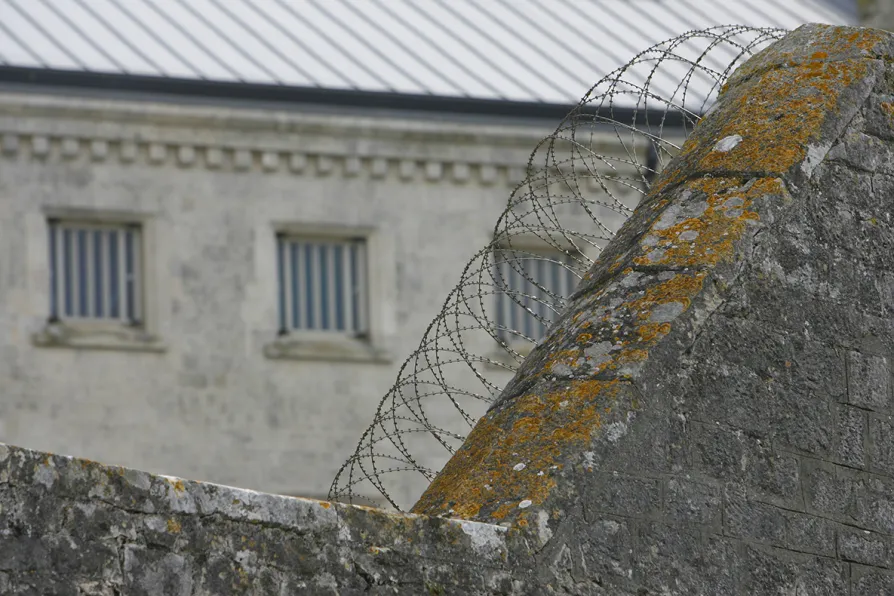
 General view of the Young Offender Institution Portland in Dorset
General view of the Young Offender Institution Portland in Dorset
CHILDREN in youth custody say they are more likely to be restrained than cared for or well treated by staff, according to a damning report by inspectors.
A survey into the experiences of child offenders found less than half — 41 per cent — felt cared for in their establishment, while 65 per cent said they had been physically restrained.
Chief inspector of prisons Charlie Taylor said the survey results described a “disturbing” and “grim reality” of violence, self-harm and long periods of time locked in cells.

The announcement of a Women’s Justice Board should be cautiously welcomed, writes SABINA PRICE, but we need to see a recognition that our prison system is in crisis and disproportionately punishes some of the most vulnerable people in society











